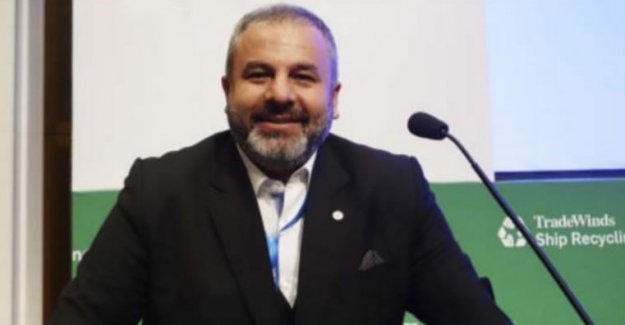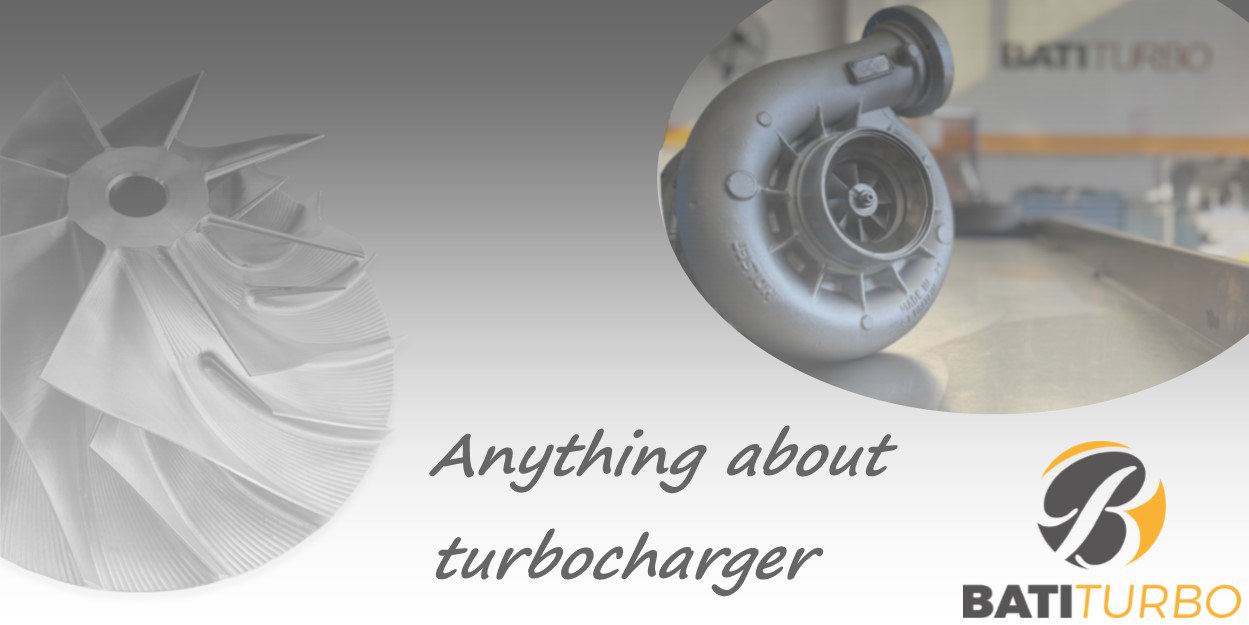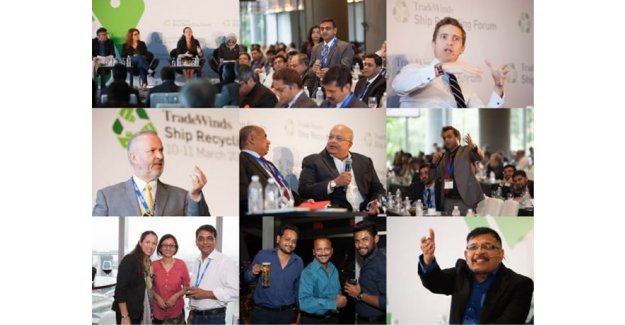
Turkish shipbreakers stick with Brussels to keep EU niche market
Competitive disadvantages with Asia are pushing the Turkish demolition sector to opt for EU regulation over the Hong Kong Convention to retain its 'main tonnage source'
A+A-
Conflicting differences on shiprecyling requirements between the European Union (EU) and the International Maritime Organization (IMO)'s Hong Kong International Convention for the Safe and Environmentally Sound Recycling of Ships (Hong Kong Convention, HKC) has left the scrapping industry scratching its head.
Turkish breakers have opted to follow the EU as member states are its main source of old ships.
"Collectively, the industry lost in excess of $15m in 2015," he said on the sidelines of TradeWinds' Ship Recycling Forum held in Dubai last week (see pages 18 and 19).
Last year, vessels totalling around 600,000 dwt were recycled at Aliaga, north of Izmir, which is home to 22 shiprecycling yards. The market was challenging because of the low price of steel billets from China, which have been flooding steel markets and putting pressure on prices.
In addition, Turkey is at a commercial disadvantage to Asian recycling nations because of higher wages and waste-management expenses, extensive capital investments and strict regulatory requirements.
According to Simsek, it costs a shipbreaker $40 per ton to scrap a ship at Aliaga compared to an average of $25 per ton at Indian breakers. This price is on top of price paid for the ship.
"The price of recycled steel in Turkey is really down. By the end of 2015, it had dropped to $180 per ton and we have seen it as low as $150 per ton this year. We lose money when it goes below $180 per ton," he said.
"Nowadays, if you are lucky, you get cables, non-ferrous materials and spare parts. That is where you get the profit," Simsek added.
Despite the tough times at Aliaga, Simsek says that yards there are pushing ahead with investments to bring their facilities to EU-mandated standards. These include impermeable concrete flooring, machinery and improvements in health and safety training and equipment. Eight yards have already applied to be on the EU's list of approved shiprecycling facilities.
"We have to be EU approved. Europe is our main source market for ships and most of these ships are flagged in the EU," Simsek explained.
Turkey cannot compete on price with the Indian subcontinent and Asia, so it has carved a niche for itself with smaller vessels for which a long delivery voyage would be economically unfeasible, together with warships and ships owned by high-profile companies that do not want to draw flack from beaching their vessels in the subcontinent.
A new source of scrap steel for Aliaga is the offshore sector, with 15 decommissioned rigs recycled over the past 12 months. Another four are on the way. Rigs are unpopular with subcontinent breakers, who claim delivery costs are in excess of $3m in many cases and, therefore, too high to make such purchases financially viable.
Most rigs heading to Turkey originate from Europe but others have come from as far away as Brazil and the US Gulf of Mexico. A growing trend is for offshore companies to arrange a tow to Aliaga using old, obsolete anchor handlers that are then beached alongside the rig. This helps cover the cost of delivering unwanted tugs, which have limited dwt and not otherwise able to cover the cost of a ballast delivery voyage.
Simsek expects that recycled steel prices in Turkey will stabilise by the middle of this year, although he concedes that cheap Chinese steel still remains the unknown variable. "It all comes down to what China does," he concluded.
Vira Maritime
Bu haber toplam 5203 defa okunmuştur
Önceki ve Sonraki Haberler



.jpg)















HABERE YORUM KAT
Türkçe karakter kullanılmayan ve büyük harflerle yazılmış yorumlar onaylanmamaktadır.